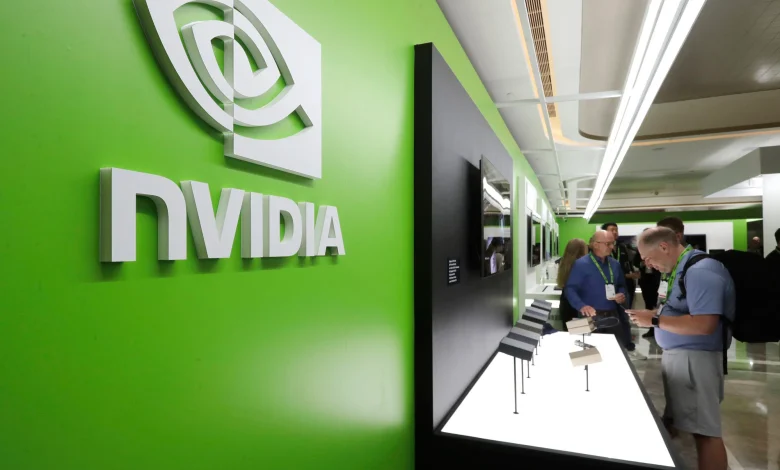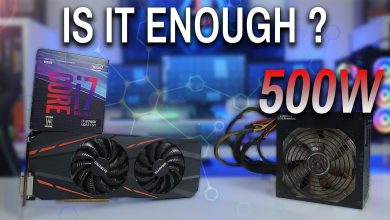NVIDIA’s B30 AI Chip for China: A Cost-Effective Powerhouse?

NVIDIA is reportedly preparing a new B30 AI accelerator specifically for the Chinese market—a budget-friendly alternative to the restricted H20 GPU. With 40% lower costs and improved efficiency, could this be Team Green’s answer to U.S. export controls while keeping China’s AI industry supplied?
B30 vs. H20: Performance vs. Affordability
According to industry leaks, the B30 AI chip will be:
- ~25% slower than the H20 (due to GDDR7 memory instead of HBM).
- 30% more power-efficient.
- 40% cheaper to procure.
While it won’t match the H20’s raw power, the B30 is designed for inferencing rather than training—making it ideal for Chinese cloud providers (CSPs) running small to medium AI models.
Why China Still Wants NVIDIA’s AI Chips
Despite U.S. restrictions, demand remains strong because:
- Training is already done (using previous-gen H100/H200 chips).
- Inferencing doesn’t need cutting-edge performance.
- Rack-scale B30 clusters can still deliver 1.2TB/s bandwidth.
NVIDIA’s Balancing Act: Complying with U.S. Rules While Serving China
The B30 appears to be a deliberately downgraded chip to comply with export limits—yet optimized for cost-sensitive buyers. This strategy lets NVIDIA:
- Maintain its China market share (~80% of AI chips).
- Avoid violating U.S. sanctions (by staying under performance caps).
- Counter rising competition (like Huawei’s Ascend).
Jensen Huang’s China Push
NVIDIA’s CEO recently met with former President Trump (who praised NVIDIA’s $4T valuation) and is planning a China visit soon. With tighter U.S. curbs looming, securing regulatory approval for the B30 could be critical.
The Big Question: Will the B30 Succeed?
Pros:
- Cheaper for mass AI adoption.
- Fits China’s inferencing needs.
- Easier to scale in data centers.
Cons:
- Weaker than Huawei’s Ascend 910B in some tasks.
- Still at risk of future U.S. restrictions.
Final Verdict
If priced right, the B30 could dominate China’s cost-conscious AI market—but Huawei and local chipmakers are closing the gap fast.





